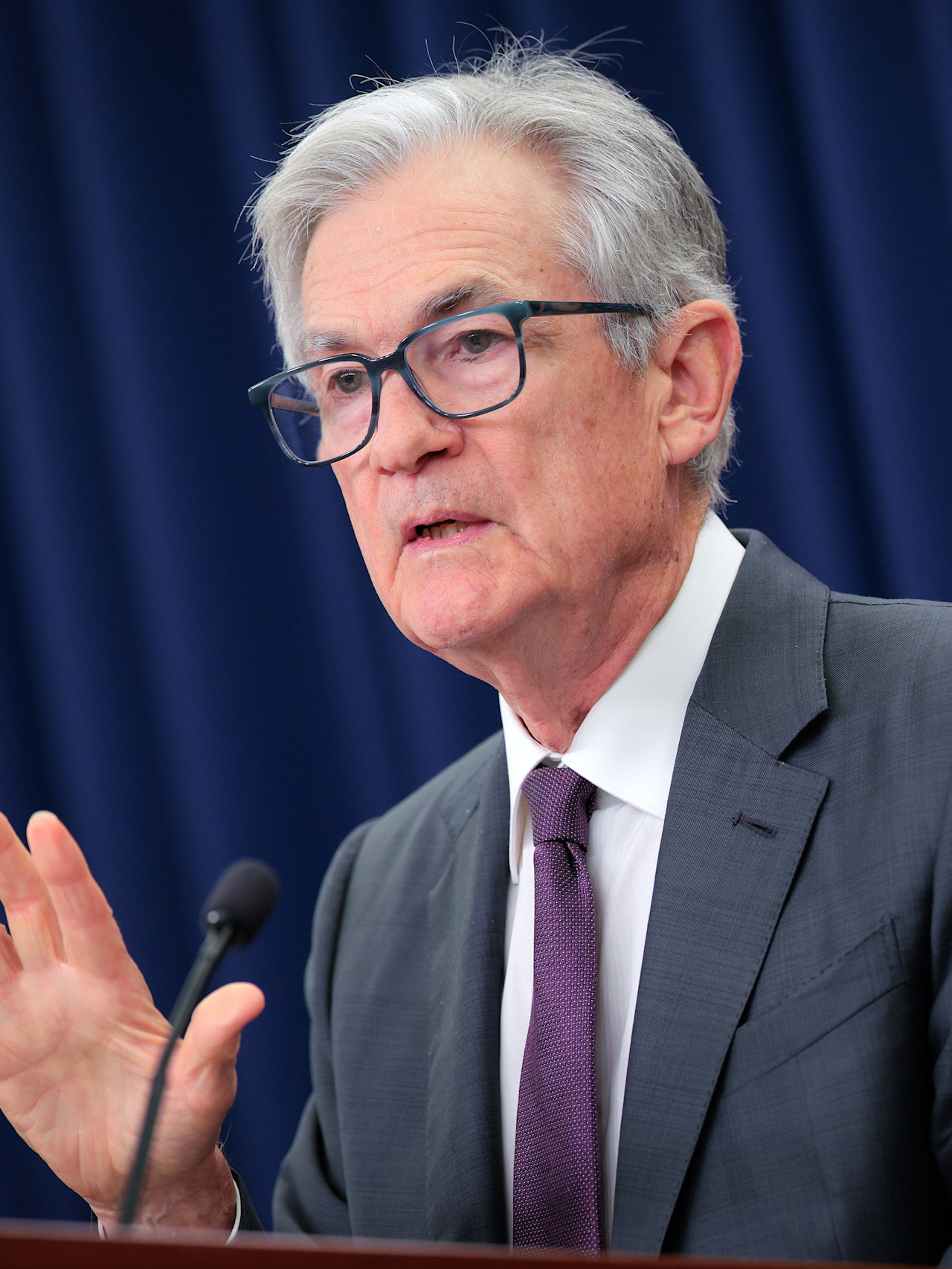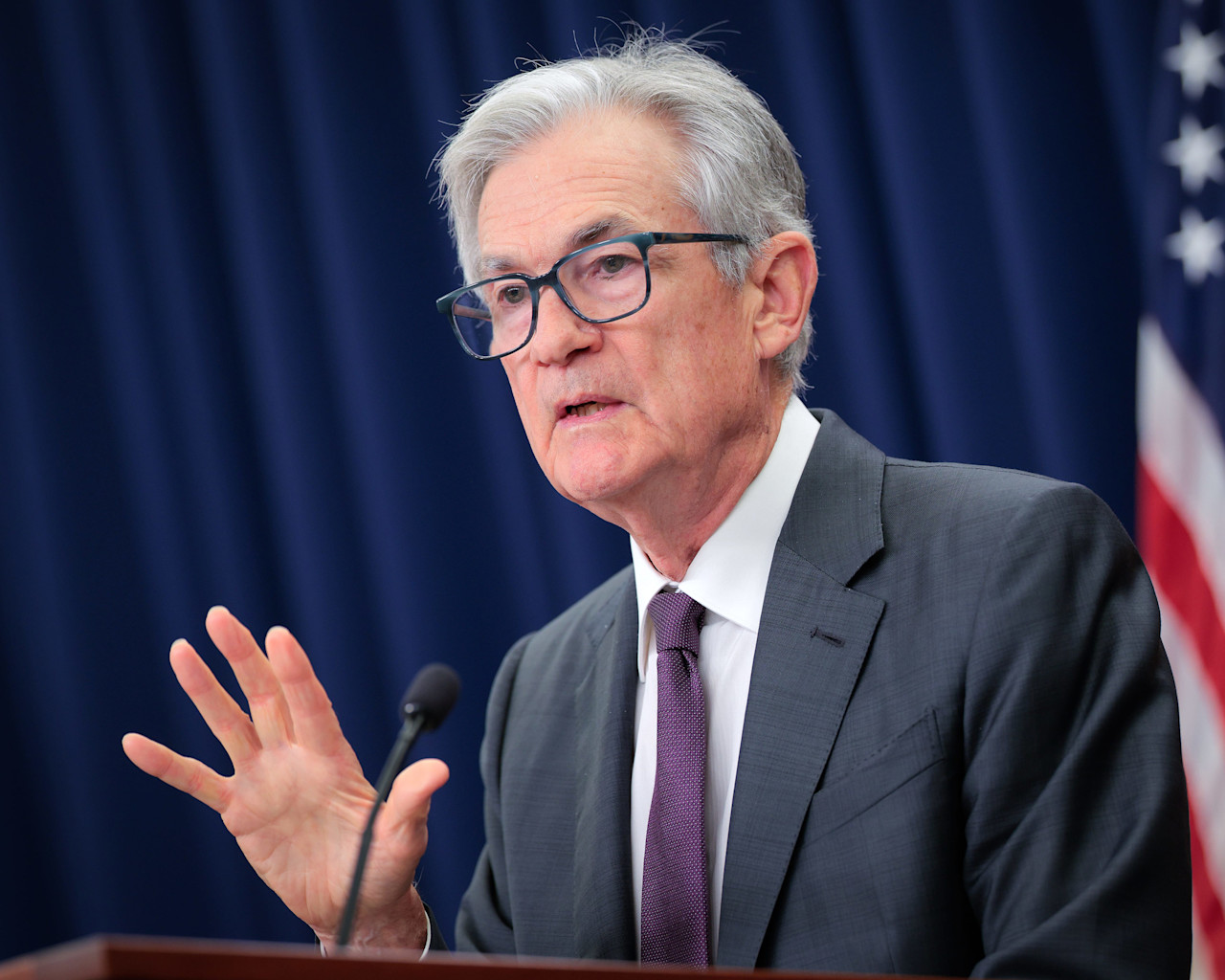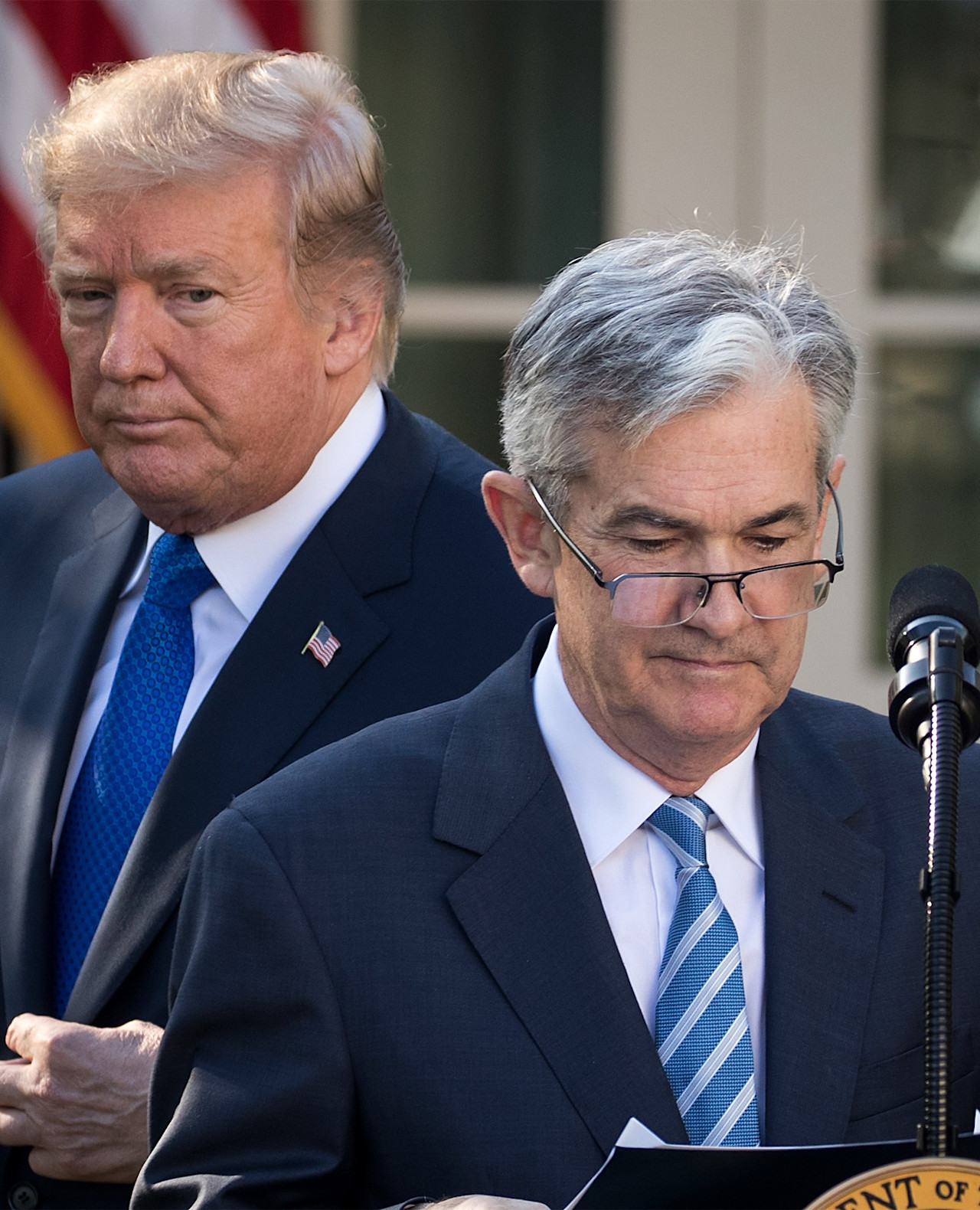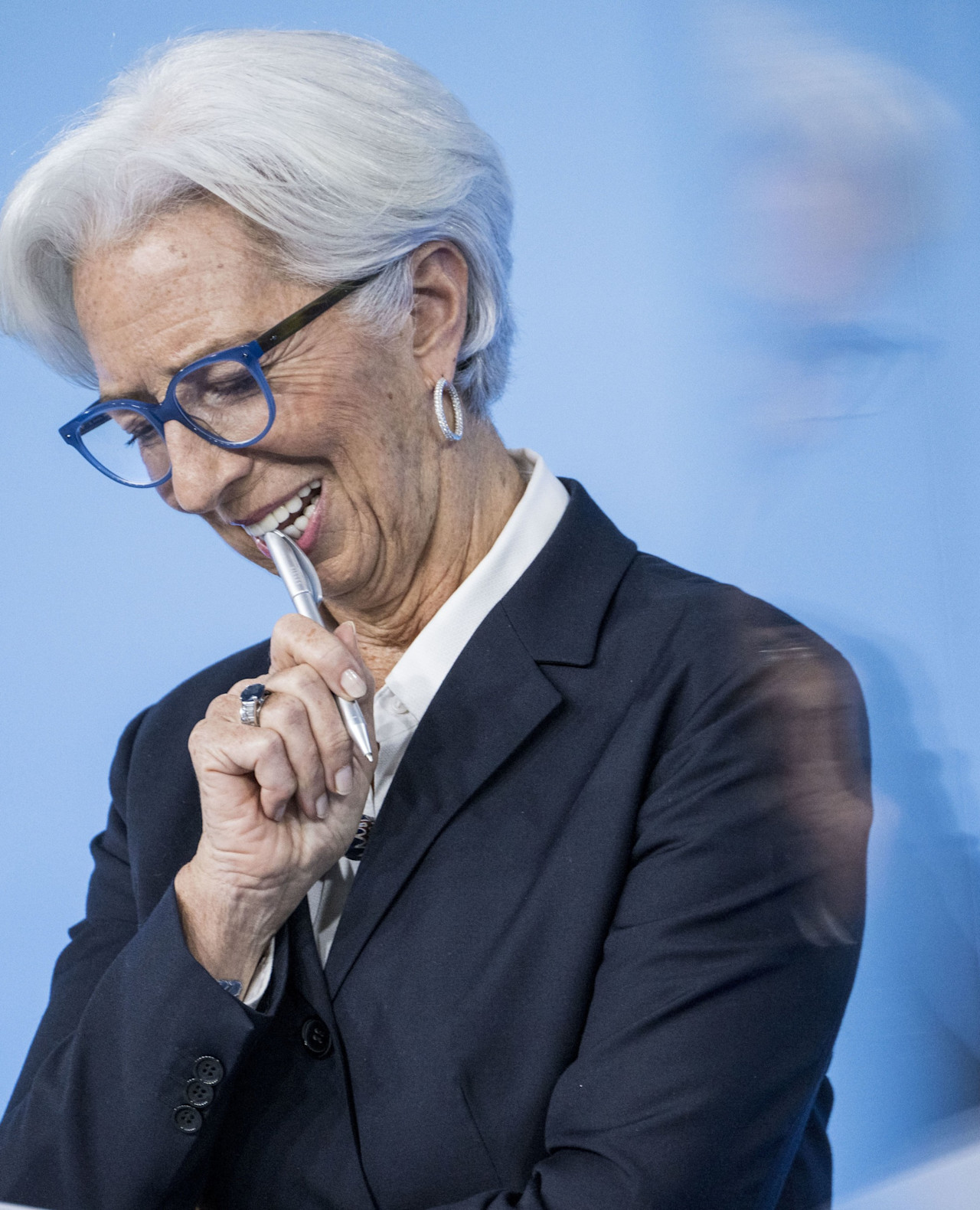

REITs: playing in extra time?
They’ve long been seen as defensive, since traditional bricks and mortar can usually survive any downturn. But investors should be cautious about relying on Real Estate Investment Trusts (REITs) if the current macro headwinds lead to a recession, says strategist Peter van der Welle.
まとめ
- REITS are a widely favored cash-generative defensive play
- Headwinds range from Ukraine war to Fed monetary tightening
- Sweet spot has passed but still some upside amid high inflation
REITS – a form of mutual fund which invests in anything from shopping malls and skyscrapers to new housing projects – are a perennial favorite among more defensively minded investors. Not only are they backed by real estate infrastructure, they also generate reliable rental streams.
However, the recent perfect storm of significantly higher inflation, rate hikes and quantitative tightening combined with geopolitical factors led by the war in Ukraine call for a more cautious approach, says Van der Welle, strategist with the Robeco multi-asset team.
“Although macroeconomic data releases in developing economies have remained overall positive compared to prior expectations, a growth scare has been building lately, as risks that could derail this expansion further down the road are easy to spot,” he says.
“This sentiment shift is evidenced by steep downgrades for 2022 global real GDP growth by official institutions such as the IMF and World Bank, which downgraded real GDP growth forecasts to 3.6% and 3.2% respectively. It can also be seen in the latest fund manager survey by the Bank of America Merrill Lynch which saw a steep rise in growth pessimism to levels last seen during the global financial crisis.”
“While we expect the current economic expansion to continue for another 6-12 months, since the US Federal Reserve has not yet entered excess liquidity tightening territory and household cash piles as well as developed market corporate balance sheets look pretty decent, we acknowledge that the risks to our base case are tilted to the downside.”
Van der Welle cites four reasons why economic deterioration may creep up on investors. “Firstly, as the conflict in Ukraine drags on, the elevated probability of a fully-fledged EU boycott of Russian energy leaves a fat tail risk of an immediate Eurozone recession,” he says.
“Secondly, central bankers have gotten their wake-up call as inflation has kept on surprising to the upside in both its speed and breadth. Forthcoming aggressive monetary tightening by the Fed to catch up with (cyclical) inflation pressures could deteriorate financial conditions and cause a further derating of asset prices beyond what is warranted by a typical mid-cycle correction.”
“Thirdly, a very flat Treasury yield curve signals that we are approaching the slowdown phase of the business cycle, with peak corporate pricing power around the corner, as the ability to raise net selling prices is outpaced by stubborn input cost rises.”
“Lastly, the recent growth slowdown in China on the back of elevated lockdown intensity in key manufacturing hubs could have global growth repercussions in the next few quarters, either via supply chain disruptions or through renminbi depreciation.”
Recent REITs performance has lagged the higher inflation risk premium demanded in bond markets

Source: Refinitiv Datastream, Robeco
最新のインサイトを受け取る
投資に関する最新情報や専門家の分析を盛り込んだニュースレター(英文)を定期的にお届けします。
Paving the way for de-risking
So, how to navigate these risks? “The current growth scare could pave the way to profit taking and/or de-risking as well as the quest for enhanced diversification among investors as the tide of excess liquidity recedes just as equity seasonality turns negative,” Van der Welle says.
“In addition, as the ‘there is no alternative’ (TINA) narrative starts to be challenged by the recent surge in sovereign yields, investors are likely to tactically shift down the risk curve. They’ll start looking for asset classes that have a lower beta (relative risk versus the index they follow) but which still offer decent excess return potential over Treasuries, so long as the expansion remains on track.”
“Indeed, we already note that momentum in the last month has shifted to sectors with defensive characteristics such as consumer staples, health care, utilities, and especially REITs. In addition, investors are on the lookout for assets that can maintain their pricing power as inflation likely transitions towards a key inflection point in the second half of 2022.”
The sweet spot has passed
Are REITS still a ‘safe bet’ then? “The sweet spot for REITs’ performance has passed, in our view, though as long as the stagflationary twist in the current macro environment does not culminate in the outright contraction of real activity, there is still some juice left in the asset class,” Van der Welle says.
“A growth/inflation mix of decelerating activity momentum during economic expansion and inflation running above 3% (the composition we anticipate in the next 6-12 months) typically sees REITs outperform global equities.”
“This return pattern confirms the consensus view that REITs are a more defensive play, with inflation-hedging capabilities. Yet, judging from the significant positive correlation with the relative performance of cyclicals compared to defensives, REITs behave more like a cyclical asset in practice. They therefore have a high beta to economic activity, which leaves them vulnerable to economic contractions, especially those that morph into recessions.”
The threat of rising rates
Another issue is that most real estate relies on funding – from common mortgages to the corporate bonds issued to build shopping malls or skyscrapers – and interest rates are rising.
“While financing costs are expected to increase for the asset class, we judge that this will be a more gradual process,” says Van der Welle.
“The extension of debt maturities during the recent years of exceptionally low interest rates have lowered REITs’ susceptibility to a sudden surge in financing costs. And their ability to weather a higher interest burden in the near term is still there, given their decent underlying cashflow generation.”
“Global REITs’ leverage is currently not excessive: the net debt to equity ratio is 0.85. Moreover, their ability to service a rising debt burden is currently strong, with an interest coverage ratio of 4.5. Looking at standalone valuation metrics like the discount to net asset value, the asset class is fairly valued.”
重要事項
当資料は情報提供を目的として、Robeco Institutional Asset Management B.V.が作成した英文資料、もしくはその英文資料をロベコ・ジャパン株式会社が翻訳したものです。資料中の個別の金融商品の売買の勧誘や推奨等を目的とするものではありません。記載された情報は十分信頼できるものであると考えておりますが、その正確性、完全性を保証するものではありません。意見や見通しはあくまで作成日における弊社の判断に基づくものであり、今後予告なしに変更されることがあります。運用状況、市場動向、意見等は、過去の一時点あるいは過去の一定期間についてのものであり、過去の実績は将来の運用成果を保証または示唆するものではありません。また、記載された投資方針・戦略等は全ての投資家の皆様に適合するとは限りません。当資料は法律、税務、会計面での助言の提供を意図するものではありません。 ご契約に際しては、必要に応じ専門家にご相談の上、最終的なご判断はお客様ご自身でなさるようお願い致します。 運用を行う資産の評価額は、組入有価証券等の価格、金融市場の相場や金利等の変動、及び組入有価証券の発行体の財務状況による信用力等の影響を受けて変動します。また、外貨建資産に投資する場合は為替変動の影響も受けます。運用によって生じた損益は、全て投資家の皆様に帰属します。したがって投資元本や一定の運用成果が保証されているものではなく、投資元本を上回る損失を被ることがあります。弊社が行う金融商品取引業に係る手数料または報酬は、締結される契約の種類や契約資産額により異なるため、当資料において記載せず別途ご提示させて頂く場合があります。具体的な手数料または報酬の金額・計算方法につきましては弊社担当者へお問合せください。 当資料及び記載されている情報、商品に関する権利は弊社に帰属します。したがって、弊社の書面による同意なくしてその全部もしくは一部を複製またはその他の方法で配布することはご遠慮ください。 商号等: ロベコ・ジャパン株式会社 金融商品取引業者 関東財務局長(金商)第2780号 加入協会: 一般社団法人 日本投資顧問業協会



























